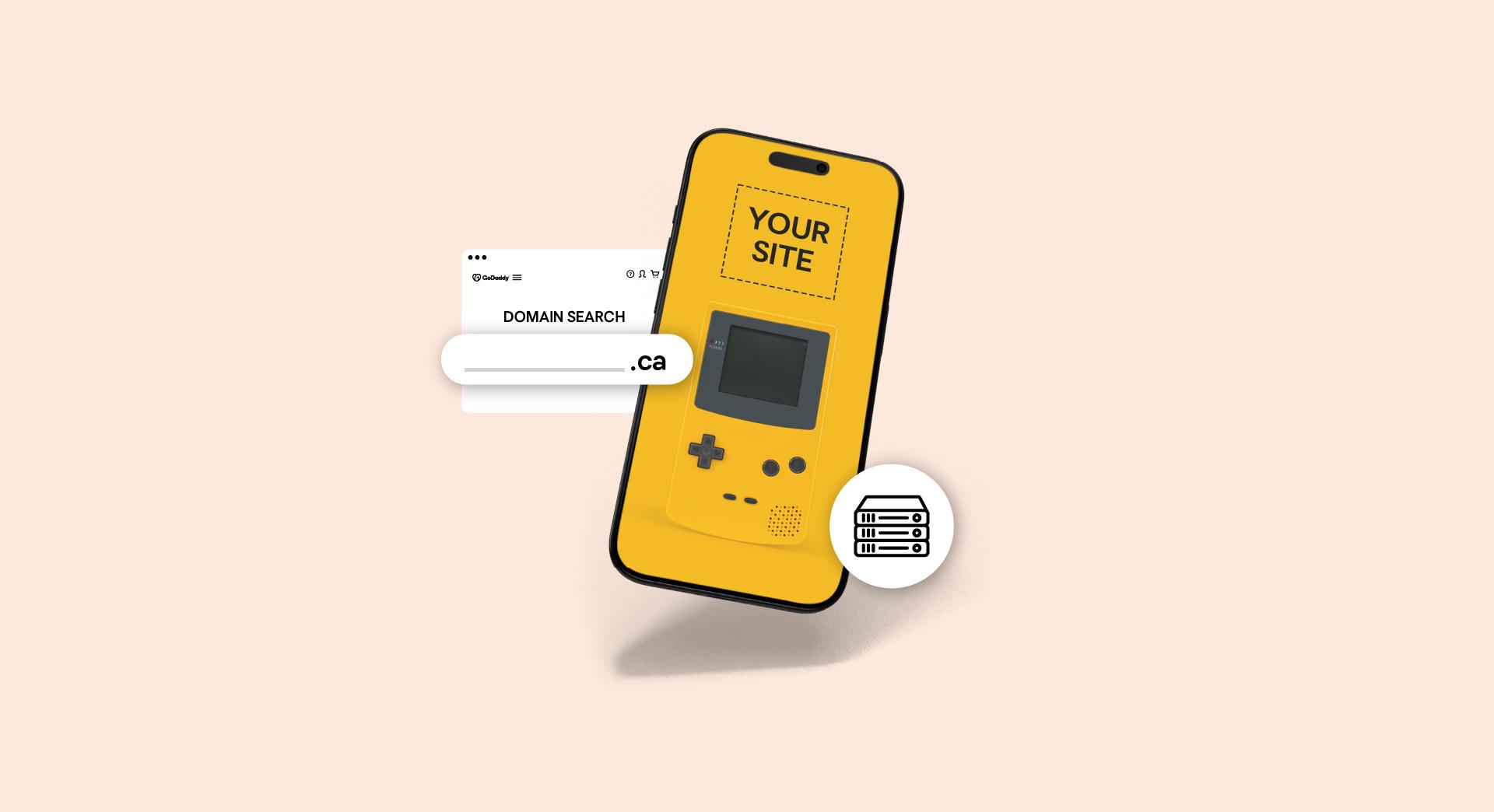Small business consulting can be a lucrative and fulfilling career path for anyone who would like more freedom and flexibility in their professional lives.
The most successful consultants have a proven area of expertise.
Serving as a small business consultant can provide you with the autonomy and independence that many traditional nine-to-five positions lack. You can:
- Set your own hours
- Charge a rate you feel is fair and reflective of your value
- Set your own goals for the future
But before you take the leap and begin small business consulting, there is some planning to be done. Let’s take a closer look at five steps you can take to set yourself up for success.
1. Identify your unique selling proposition (USP)
It won’t be enough to simply create a LinkedIn page and start offering small business consulting. You’ll need to determine what makes your services different from those of your competitors.
Potential clients will need a clear, distinct reason to choose you as their trusted small business consultant.

Your unique selling proposition (USP) is that one thing that sets you above other consultants a potential client may come across.
Some examples of USPs include:
- Fast results
- Highly-specialized expertise
- Superior customer service
- Highly-competitive pricing
- Advanced, high-tech solutions
Your USP will be at the core of your marketing and branding strategy, so it’s important to feel confident in what makes you unique and really clarify how this will benefit your clients.
2. Consider your client’s pain points
A key part of mastering how to become a small business consultant is being acutely aware of the obstacles your potential clients are facing. The more precisely you are able to speak to their challenges, the more prospective leads will feel you are the right person to guide them.
You can accurately specify the pain points your ideal clients are experiencing by asking the following questions:
- What is the largest roadblock standing between your client and their desired outcome?
- What stops them from finding an adequate solution to this problem?
- What problem takes up the majority of your client’s time?
- Why isn’t your client able to fix this problem themselves?
- What does your client fear will happen if the problem remains unresolved?
Not sure what your potential clients are struggling with? Use the DIY market research tactics here to find out.
3. Put systems in place
One of the most common mistakes people make when becoming a small business consultant is taking the “I’ll make it up as I go along” approach.
Putting processes and workflows together ahead of time will save you time and stress in the long run.
Plus, the busier your consultancy becomes, the less time you’ll have to dedicate to creating systems.
Some examples of systems you can set up in advance include:
- Client intake questionnaires
- Pricing strategies and packages
- Client journey maps
- Social media content scheduling
- Automated email marketing
- Recruitment and hiring processes
- Client success measurement strategy
Remember, the groundwork you lay today is the foundation you’ll build on tomorrow.
4. Structure your services
When you’re just getting started in small business consulting, it can be tempting to tailor your services to each new client. Unfortunately, this can actually cause more problems than it solves.

Scope creep is one of the most prominent issues that can arise from constantly customizing your services. This is a term used to describe the way projects tend to get bigger and more time-consuming if no one is paying attention.
Clients can quickly become comfortable asking you to take on extra work beyond what you planned to do.
When you are first starting out, you may feel pressured to say yes to extra hours that you never bill for in the name of keeping or attaining a new client. It can be difficult to determine how you should bill clients for these additional hours.
There’s a simple answer to this: define your services early. Calculate how long it will take you to complete a given task or project. Determine an hourly rate and always include in your fees the time you will spend on:
- Set-up
- Research
- Travel
You never want to underestimate your value or sell yourself short because you haven’t taken the time to establish a clear service structure. Never offer an estimate on the fly — better to sit down and come up with an accurate estimate.
The right clients will be willing to pay your rate to achieve their desired results!
5. Create a referral program
It goes without saying that your clients are going to be your greatest source of income — especially if they become long-term clients. They’re also going to be your strongest connection to new leads. Thus, the sooner you begin devising a plan for capturing referrals, the better.
There are many ways small business consultants can encourage existing clients to refer their services to others in their personal and professional networks.

Some of the most effective referral program strategies include:
- Offering to make a donation to a charity that aligns with your mission and vision on behalf of any client who makes a referral
- Creating a tiered system where clients who make the most referrals receive an annual prize, service discount or monetary bonus
- Launching a “VIP Club” that gives clients who make referrals exclusive high-value resources, tools or training
- Offering free advertising (at events, on your website, social media shoutouts, etc.) to your top-referring clients
- Sending virtual gift cards to clients who refer you to others
Your referral program should be unique and creative. But most importantly, it should provide a value to your existing clients. Ask yourself, “What type of reward would be most appealing to the clients I serve?”
Tips for getting started in small business consulting
By setting a strong foundation before going public with your small business consulting venture, it will be easier to entice clients from day one. With a little thought and organization, you can significantly increase your chances of establishing a business that will thrive for years to come.
Before you know it, you’ll be your own boss!






